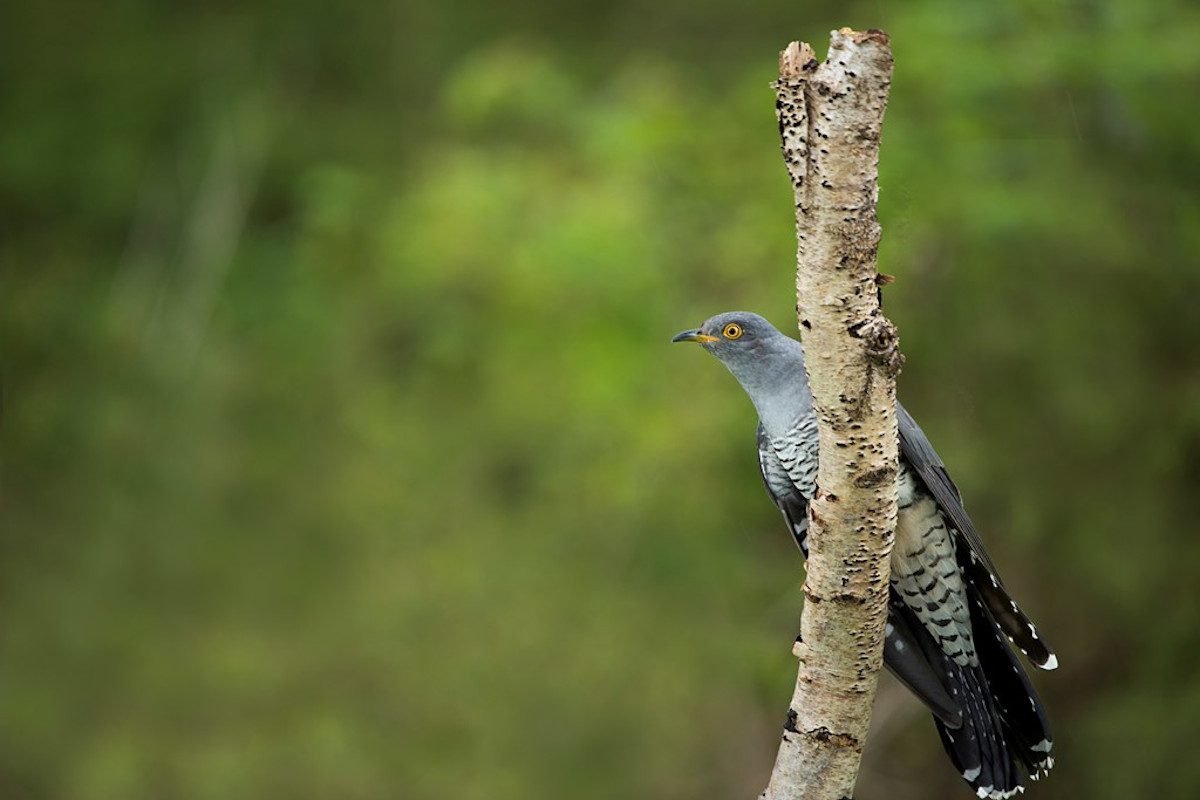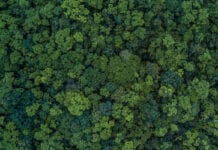
Conservationists have seemingly been flummoxed by studies which show climate change is having a stronger effect upon bird species which benefit from climate change compared to those which suffer negative impacts.
The authors of a major study investigating 525 bird species over 30 years and across two continents believe there could be a time lag in the response of populations to climate change, creating an ‘extinction debt’. They were also concerned most studies cover time spans too short to pick up on shrinking habitat ranges and focused on changes in range, rather than change in numbers.
But the most detailed report of its kind to date has turned theories about the effects of climate change upon birds on their head, says a press release from the RSPB.
Despite carefully examining the population trends of over 500 bird species over three decades, the researchers found no evidence climate change has a more profound effect upon birds which should cope well with climate change compared to those which might struggle. Climate change is causing widespread population change in birds.
The researchers called for further research into the long-term consequences of climate change on wildlife to be commissioned urgently.
Earlier this month a landmark paper in Science suggested the loss of nearly 3 billion birds in North America over the last fifty years linked to a range of factors, such as habitat loss and intensive agriculture, were all exacerbated by climate change. The new study, led by the RSPB, goes even further and argues climate change may be a major driver of population change in birds, aggravated by other factors.
Head of monitoring conservation science at the RSPB Prof. Richard Gregory said: “Our precious wildlife is already struggling to cope with habitat destruction, farming practices, pollution, harmful fishing and invasive non-native species humans have introduced into fragile eco-systems.
“The climate crisis and biodiversity crisis are two sides of the same coin and need to be tackled together.
“Nature cannot afford to wait. We urgently need to investigate how climate change will affect species’ chances of survival in the future and adapt our conservation efforts accordingly. Our skies are already falling silent and some of the UK’s most beloved wildlife, such as the puffin and wildcat, are already at risk of extinction.”
Scientists from around Europe contributed to the report, which was led by conservation charity the RSPB.
Examples of UK birds included in the story which are struggling to cope with climate change are lapwings, wood warblers and cuckoos.







